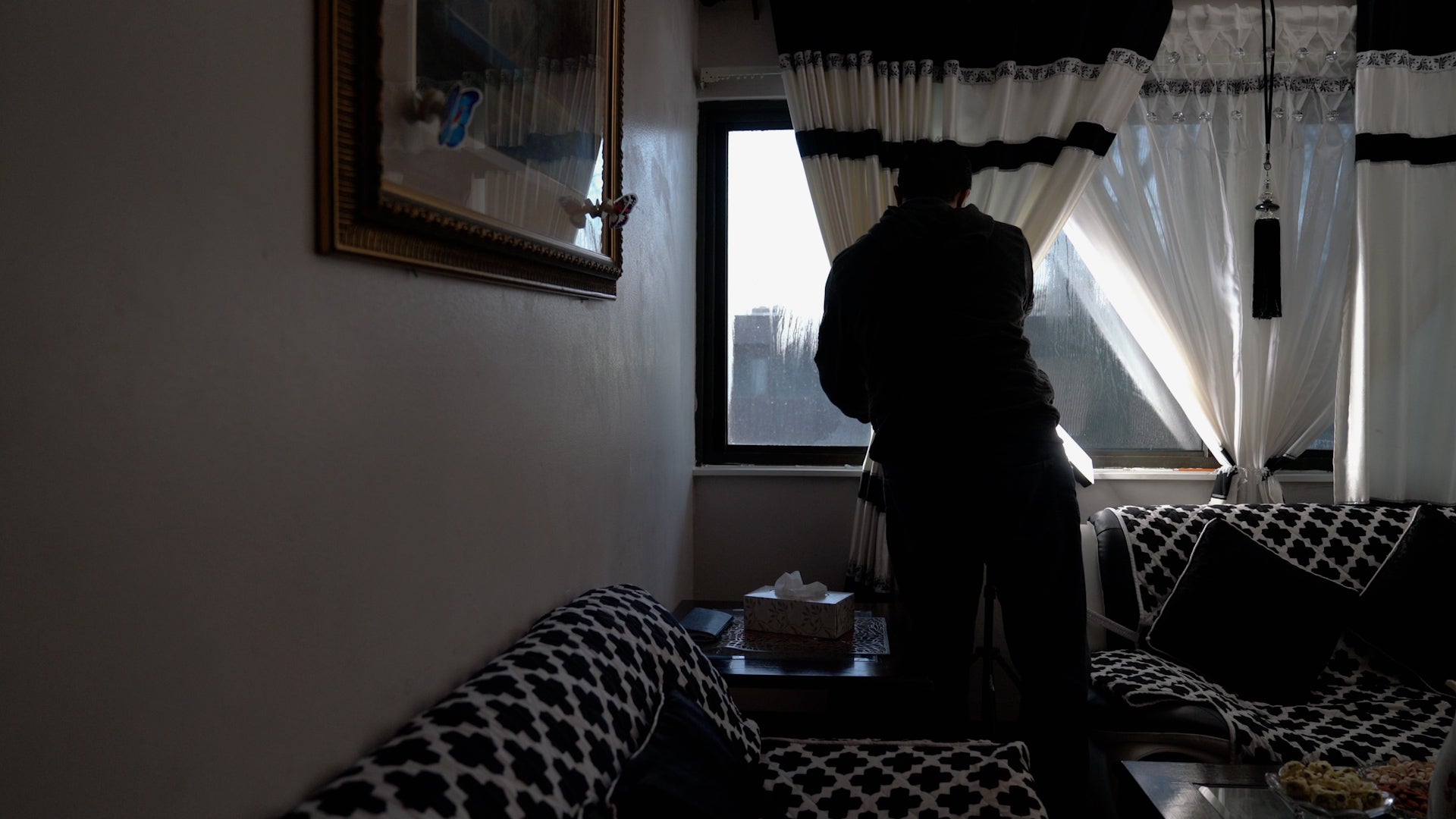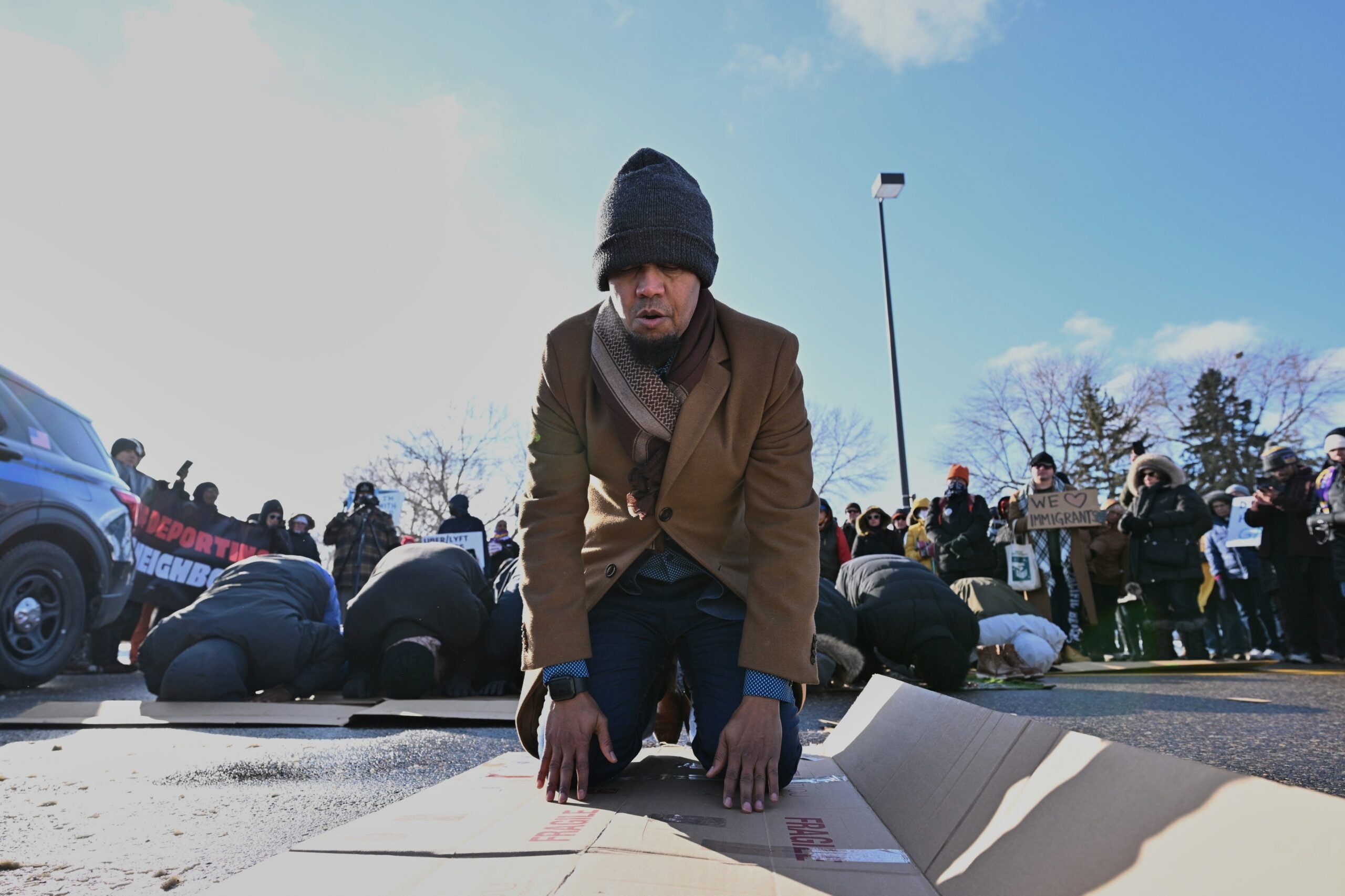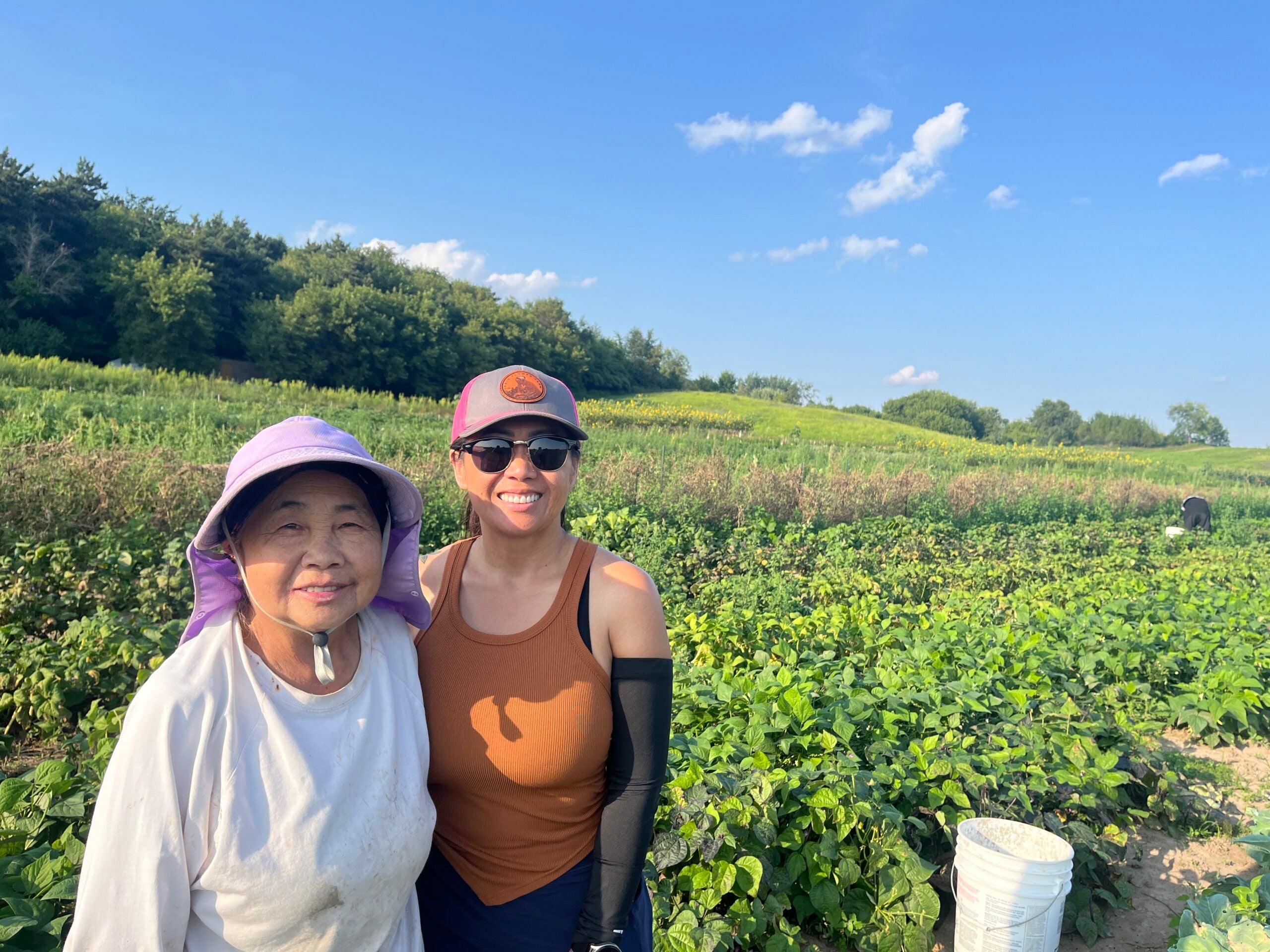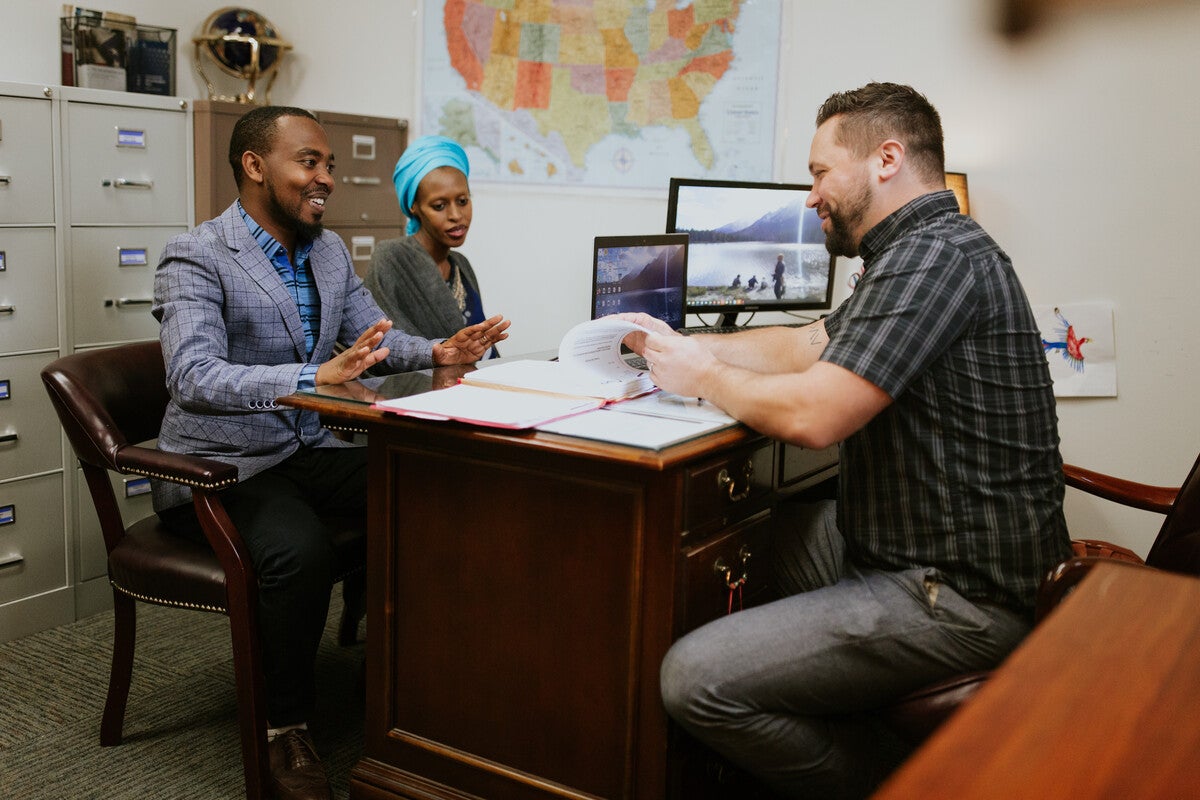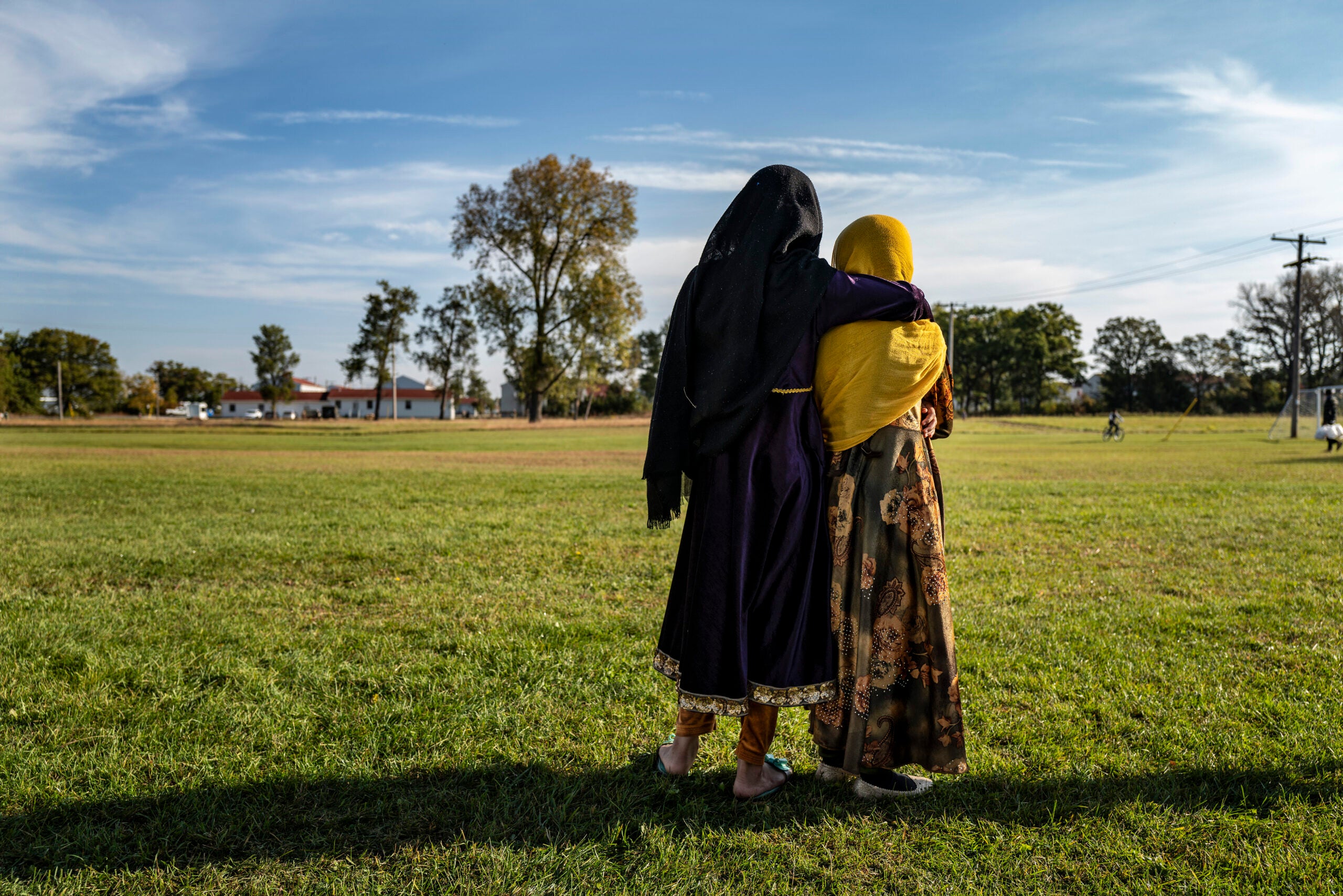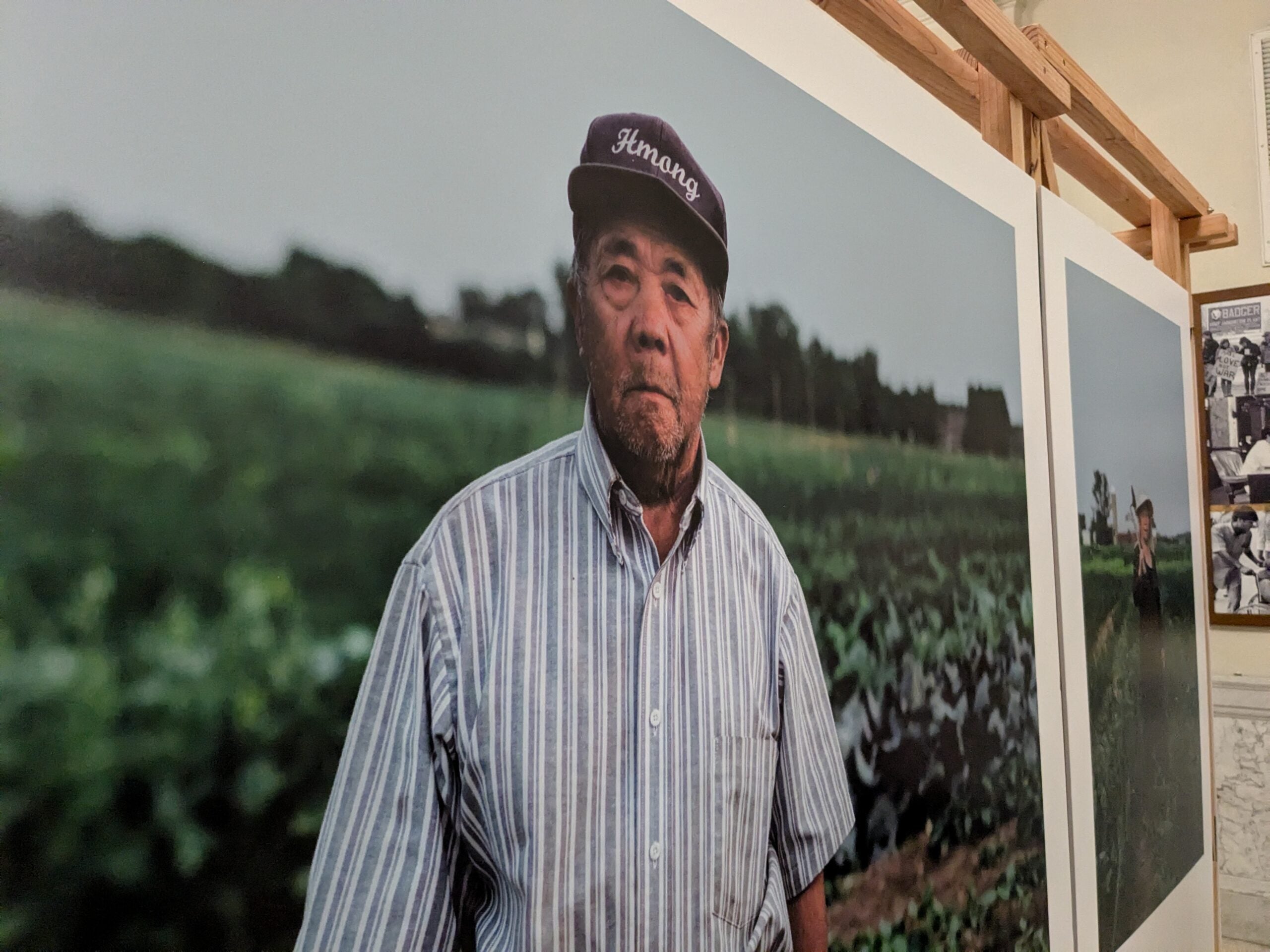In some parts of Wisconsin, the news that refugees from war-torn nations would be placed in the community was followed by a backlash from members of the public.
In Wausau, that was not the case. After a newly opened refugee resettlement agency placed 160 people in central Wisconsin in its first year of operations, the placements did not surface as a major issue in local races for mayor and school board.
Rep. Pat Snyder, the Republican incumbent in the 85th Assembly District that includes Wausau, said the community’s experience with Hmong refugees is part of the reason.
News with a little more humanity
WPR’s “Wisconsin Today” newsletter keeps you connected to the state you love without feeling overwhelmed. No paywall. No agenda. No corporate filter.
“We see the success of other folks who came in and settled in Wausau and the central Wisconsin region,” Snyder said.
This election year, WPR is asking people across the state what issues they care about as they head to the polls. In Wausau, some asked whether state and local governments were doing enough to smooth the way for new arrivals.
“Communities need to be prepared to receive these refugees, and I feel like Wausau wasn’t ready,” said Ligia Pineda, a tutor at the Marathon County Literacy Council, which works with some of the refugees.
She said she would like to see more investments in community education surrounding new refugees.
Pineda came to the U.S. from Guatemala in the early 1990s, seeking asylum from that nation’s decadeslong civil war. She became a U.S. citizen in 2010.
Hmong people first came to Wisconsin in the 1970s as refugees from the Laotian government, because Hmong fighters had assisted the U.S. military during the Vietnam War. Subsequent waves of resettlements happened in the 1990s and 2000s. Today, central Wisconsin is home to about 9,000 Hmong people. Wausau, where they make up 12 percent of the population, has the nation’s highest concentration of Hmong people.
At a recent candidate forum, Snyder’s Democratic opponent, Yee Leng Xiong of Weston, introduced himself as having been “raised by two loving refugee parents who came to the United States to escape Communism (and) pursue the American dream.”
Xiong, who is Hmong, did not respond to requests for comment on this story. In an earlier interview, he said his work as director of the Hmong American Center gave him insight into the needs of newcomers to America.
“I worked to dismantle barriers that prevented individuals from chasing the American dream,” he said. “I worked with helping develop businesses, helped with folks in ginseng farms. … I helped (people) deal with citizenship and immigration papers.”
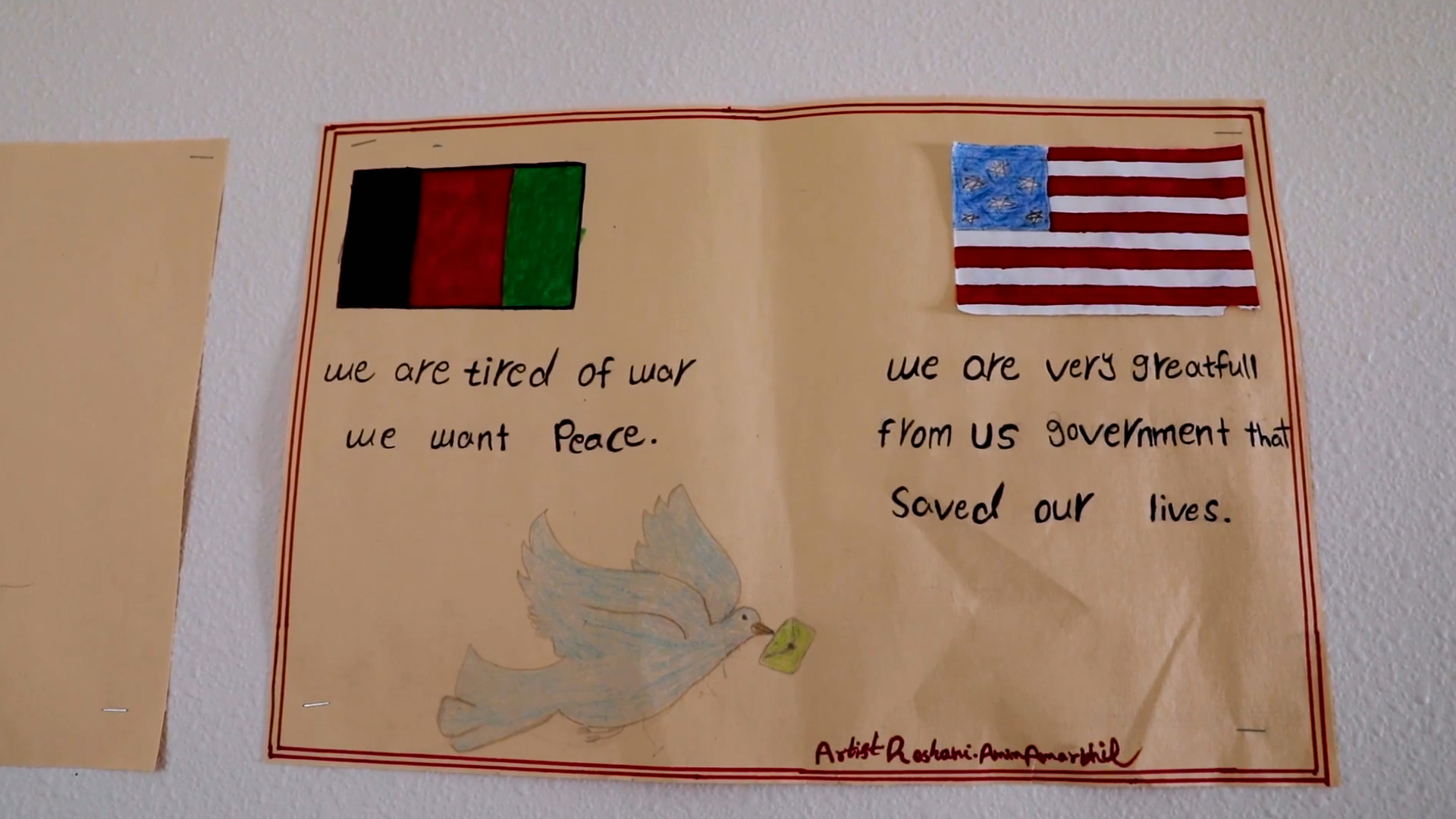
Snyder said he’s seen recent refugees from Afghanistan find good jobs at a local cheese plant and elsewhere, and said the addition of new immigrants to the community will help counteract Wausau’s aging population. The U.S., he said, also has an obligation to help people who helped American forces in the war.
“I look at that as kind of like what we did for the Hmong,” Snyder said. “They helped us in the war, and now if they stay, they get persecuted.”
From October 2023 through the end of September 2024, Wisconsin received 1,825 refugees, according to data from the U.S. State Department. The largest number, 570, came from Burma, where the military seized power in a 2021 coup and has imprisoned and executed civilians. Another 535 refugees came to Wisconsin from the Democratic Republic of the Congo, where internal violence has displaced some 7.2 million people. And 175 people came from Venezuela, an authoritarian socialist state.
After a public backlash to refugee placements in Eau Claire, in January, Republican state lawmakers introduced a bill that would have required public hearings on any proposed refugee placements. That policy was ultimately included in the state budget and vetoed by Democratic Gov. Tony Evers.
Snyder said he believes there should be more coordination between federal and local governments on the placements. He voted for the bill in the Legislature, though he said he was not upset by Evers’ veto.
“I just think (the bill) sends a message to the folks coming in that somehow there’s a group of folks that don’t want you,” he said. “That didn’t sit well.”
A federal bill introduced in February by Wisconsin Republican Reps. Tom Tiffany of Hazelhurst and Derrick Van Orden of Prairie du Chien would have gone further, granting local governments the power to block refugee placements. That bill never got a hearing in Congress.
Editor’s note: This story has been updated to reflect the fact that Snyder voted in favor of a bill that would have required public hearings about refugee placements.
Wisconsin Public Radio, © Copyright 2025, Board of Regents of the University of Wisconsin System and Wisconsin Educational Communications Board.

